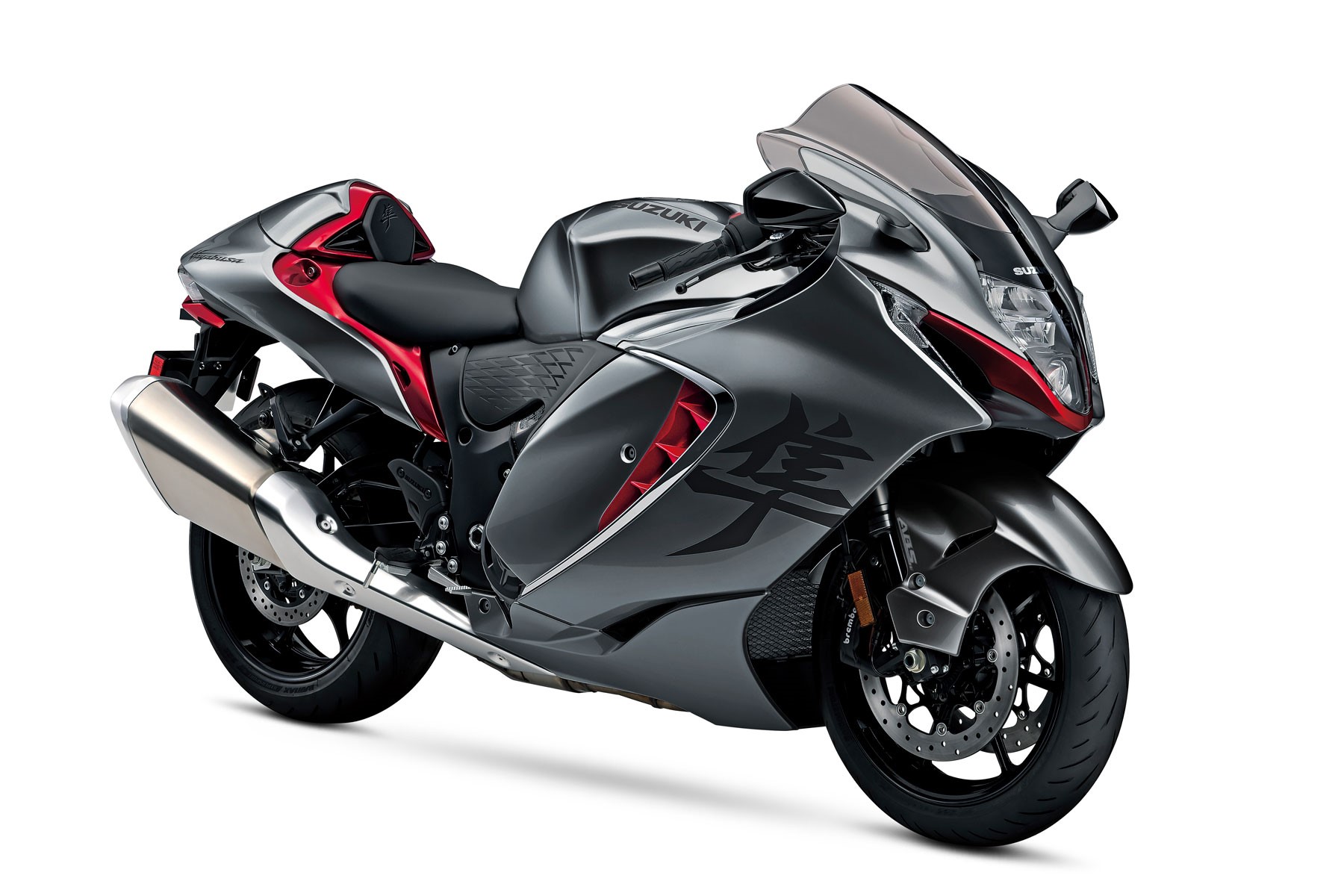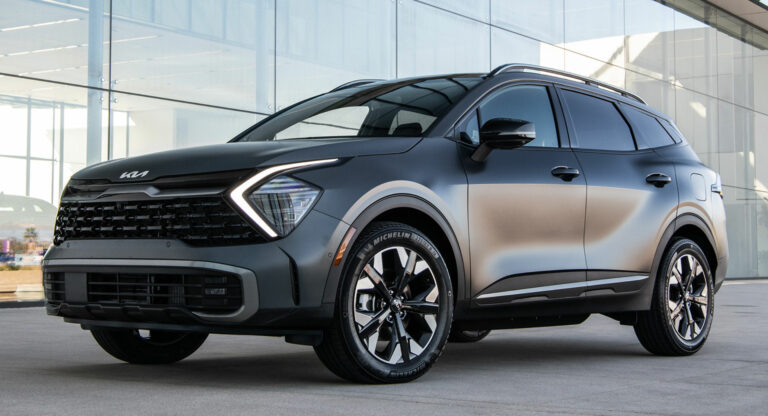Suzuki Car Brand: A Comprehensive Guide to Compact Excellence
Suzuki Car Brand: A Comprehensive Guide to Compact Excellence cars.truckstrend.com
In the vast and ever-evolving landscape of the automotive industry, certain brands carve out a distinct identity, appealing to specific needs and values. Suzuki Car Brand, an automotive division of Suzuki Motor Corporation, stands as a testament to this, renowned globally for its unwavering commitment to producing compact, efficient, and reliable vehicles. From bustling city streets to challenging off-road trails, Suzuki cars have earned a reputation for their practicality, affordability, and surprising capability, making them a popular choice for millions worldwide. This article delves deep into the essence of the Suzuki Car Brand, exploring its rich history, core philosophies, popular models, and the unique advantages it offers to consumers.
A Legacy of Innovation: Suzuki’s Automotive Journey
Suzuki Car Brand: A Comprehensive Guide to Compact Excellence
Suzuki’s journey in the automotive world is a fascinating narrative of adaptation, innovation, and strategic focus. Founded in 1909 by Michio Suzuki in Hamamatsu, Japan, the company initially produced weaving looms. It wasn’t until the mid-20th century that Suzuki ventured into the burgeoning motor vehicle market.
The company’s automotive division officially began in 1952 with the production of the "Power Free" motorized bicycle. This was followed by the launch of their first car, the Suzulight, in 1955 – a revolutionary compact car for its time, featuring front-wheel drive, independent suspension, and rack-and-pinion steering, innovations rarely seen in Japanese cars of that era. This early commitment to compact and efficient design laid the groundwork for Suzuki’s future success.
Throughout the decades, Suzuki honed its expertise in small-car manufacturing, expanding its product line to include a diverse range of hatchbacks, sedans, SUVs, and commercial vehicles. A significant milestone was its strategic alliance with Maruti Udyog Limited in India in the early 1980s, which transformed Maruti Suzuki into India’s largest car manufacturer and a pivotal global production hub for Suzuki. This partnership solidified Suzuki’s position as a leader in emerging markets, where its value proposition of affordability and reliability resonated deeply with a growing middle class. Suzuki’s history is not just about making cars; it’s about consistently delivering vehicles that are "smaller, fewer, lighter, shorter, neater," adhering to a philosophy of efficient resource utilization and practical design.
The Suzuki Philosophy: Compact, Efficient, and Reliable
At the heart of the Suzuki Car Brand lies a distinct philosophy that sets it apart from many competitors. Suzuki is often referred to as the "small car specialist," and for good reason. Their design and engineering principles revolve around:
- Compact Dimensions: Suzuki vehicles are designed to be nimble and easy to maneuver, particularly in congested urban environments. This focus not only aids parking and navigation but also contributes to lighter curb weights.
- Exceptional Fuel Efficiency: A direct consequence of their compact and lightweight design, Suzuki cars are consistently among the most fuel-efficient in their respective segments. This translates to lower running costs and reduced environmental impact, a key selling point for budget-conscious and eco-aware consumers.
- Unwavering Reliability and Durability: Suzuki has built a formidable reputation for producing robust and long-lasting vehicles. Their engineering emphasizes simplicity and proven components, leading to fewer breakdowns and lower maintenance costs over the vehicle’s lifespan. Owners often praise the longevity and trouble-free ownership experience.
- Practicality and Smart Packaging: Despite their compact exterior, Suzuki vehicles are often lauded for their cleverly designed interiors that maximize passenger and cargo space. This intelligent packaging ensures that every inch is utilized effectively, offering surprising versatility for daily use and family needs.
- Leading 4×4 Capability in Compact Segments: While specializing in small cars, Suzuki has also cultivated a strong heritage in four-wheel-drive technology. Iconic models like the Jimny and Vitara demonstrate their prowess in creating highly capable off-road vehicles that are still compact and accessible.
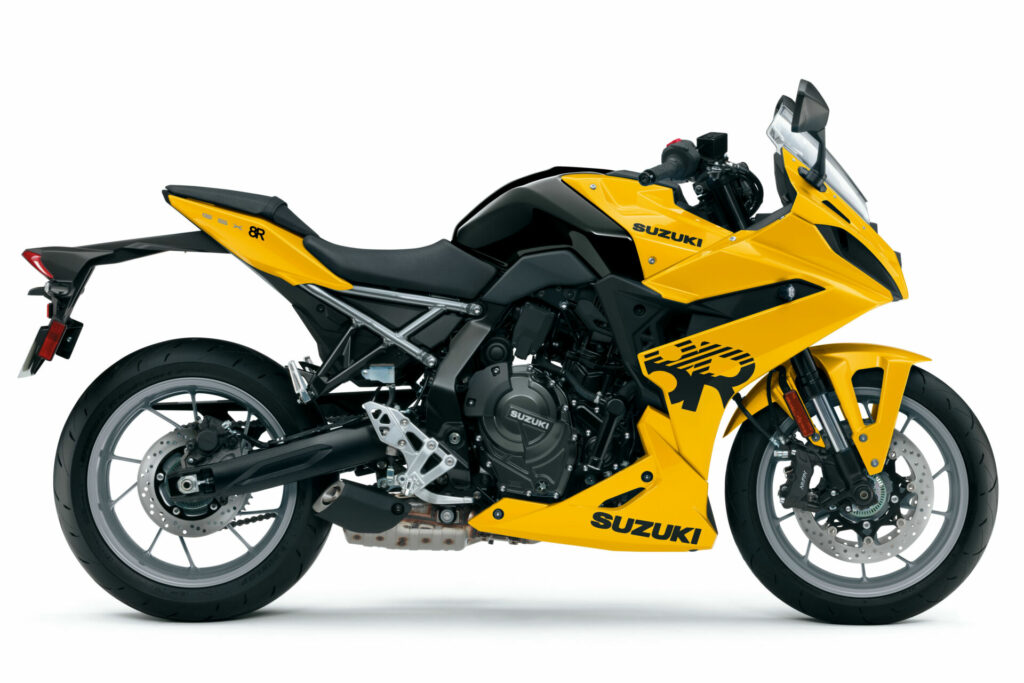
This philosophy ensures that every Suzuki car offers a compelling blend of affordability, efficiency, and dependability, perfectly suited for the demands of modern driving.
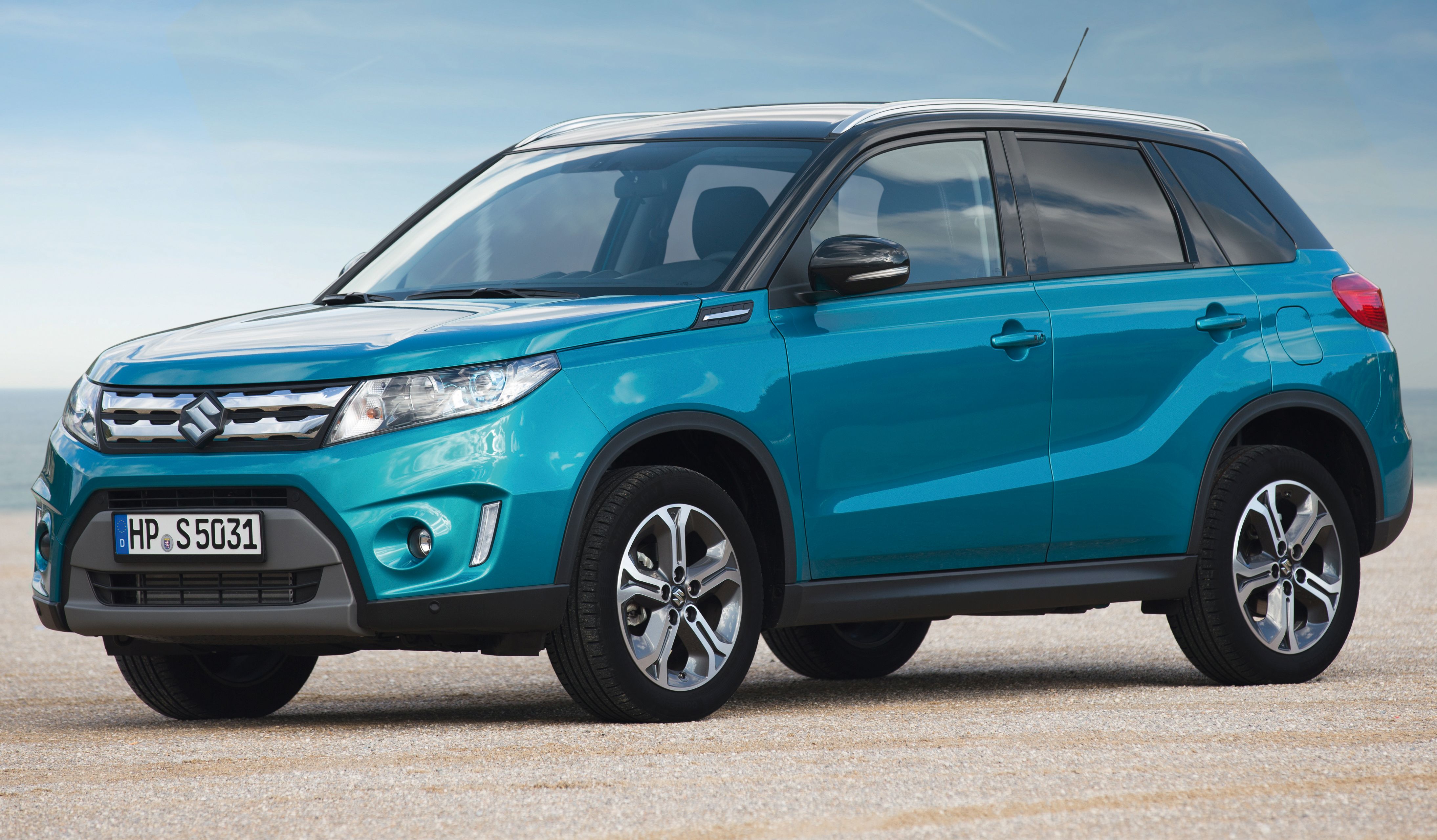
Key Model Ranges and Their Appeal
Suzuki’s global portfolio includes a variety of models, though availability can vary significantly by market. Here are some of their most prominent and representative categories:
-
Hatchbacks:
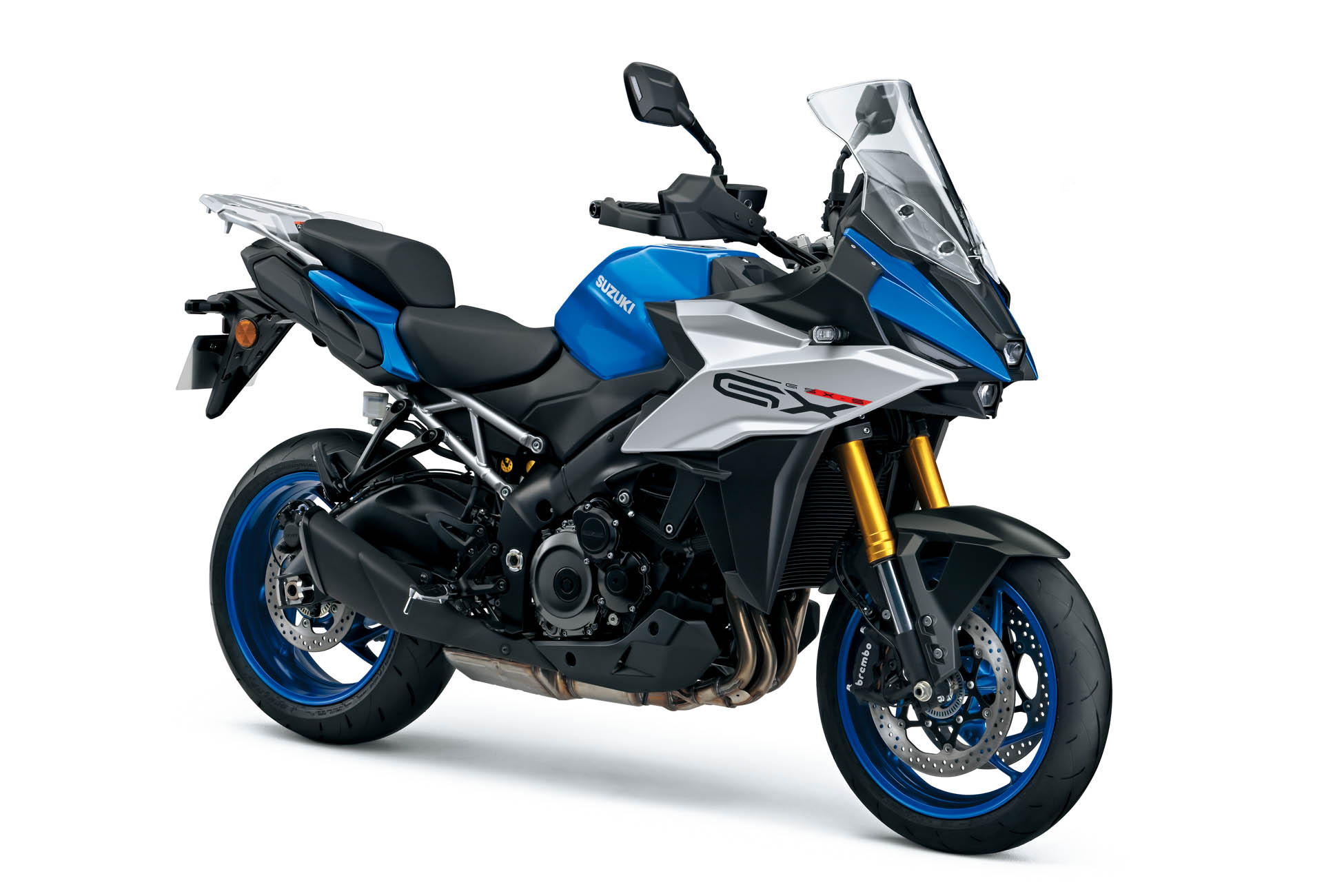
- Suzuki Swift: Perhaps Suzuki’s most globally recognized model, the Swift is a stylish and sporty hatchback known for its agile handling, peppy engines, and appealing design. It’s popular among young drivers and urban dwellers seeking a fun-to-drive yet practical car.
- Suzuki Baleno: A more premium and spacious hatchback, the Baleno offers a comfortable ride, efficient engines, and a feature-rich interior, appealing to families and those seeking more refinement.
- Suzuki Alto/Celerio: These entry-level compact hatchbacks are designed for maximum affordability and fuel efficiency, making them ideal for first-time car buyers, daily commutes, and navigating tight city spaces.
-
SUVs/Crossovers:
- Suzuki Vitara: A popular global SUV, the Vitara blends urban sophistication with genuine off-road capability (especially with Suzuki’s ALLGRIP AWD system). It offers a comfortable ride, spacious interior, and modern features, competing in the compact SUV segment.
- Suzuki Jimny: An automotive icon, the Jimny is a niche but highly revered compact off-roader. Its rugged, boxy design, ladder-frame chassis, and low-range gearbox make it incredibly capable in challenging terrain, attracting enthusiasts and those needing a genuine go-anywhere vehicle.
- Suzuki S-Cross: Positioned as a crossover, the S-Cross offers SUV-like styling with hatchback practicality. It provides a comfortable and spacious cabin, efficient engines, and a smooth ride, suitable for families and long journeys.
-
Sedans/MPVs:
- Suzuki Ciaz (in select markets): A mid-size sedan offering a comfortable and spacious interior, good fuel economy, and a refined driving experience, often popular in Asian markets.
- Suzuki Ertiga/XL6: These compact MPVs (Multi-Purpose Vehicles) are designed for family utility, offering three rows of seating and flexible interior configurations. They provide excellent value for money, making them popular choices for larger families.
Each model is engineered to uphold Suzuki’s core values, providing reliable, efficient, and practical transportation solutions for a diverse range of consumers.
Why Choose Suzuki? Benefits and Advantages
Opting for a Suzuki vehicle comes with a host of tangible benefits that resonate with a specific segment of the market:
- Exceptional Value for Money: Suzuki cars are competitively priced, offering a compelling package of features, performance, and reliability at an accessible price point. This makes them highly attractive to budget-conscious buyers.
- Class-Leading Fuel Efficiency: This is arguably Suzuki’s strongest suit. Their lightweight construction and optimized powertrains consistently deliver impressive mileage figures, significantly reducing long-term running costs and environmental impact.
- Unmatched Reliability and Durability: Suzuki vehicles are built to last. Their robust engineering means fewer mechanical issues, lower repair bills, and a reputation for enduring harsh conditions. This translates to peace of mind for owners.
- Low Maintenance Costs: Thanks to their robust design and widespread availability of parts (especially in key markets), Suzuki cars are generally inexpensive to maintain and service.
- Nimble and Maneuverable: The compact dimensions of most Suzuki models make them incredibly easy to drive and park in congested urban environments, offering a stress-free commuting experience.
- Strong Resale Value (Market Dependent): In many markets, particularly those where Suzuki has a dominant presence (like India), Suzuki cars command strong resale values due to their reliability, low running costs, and high demand.
- Genuine 4×4 Capability: For those who need it, models like the Jimny and Vitara offer legitimate off-road prowess in a compact and relatively affordable package, a unique selling proposition in their segments.
- Practical and User-Friendly Interiors: While not always the most luxurious, Suzuki interiors are designed for maximum practicality, ease of use, and efficient space utilization, making them highly functional for daily life.
Important Considerations and Potential Challenges
While Suzuki offers numerous advantages, it’s also important for prospective buyers to consider certain aspects:
- Perceived Brand Image: In some markets, Suzuki may not carry the same "premium" or "luxury" perception as some European or American brands. This can influence desirability for buyers prioritizing brand prestige.
- Limited High-End Features: While modern Suzukis are well-equipped, they might not offer the same level of cutting-edge technology, advanced driver-assistance systems (ADAS), or luxurious interior finishes found in some higher-priced competitors.
- Safety Ratings (Historical Context & Evolution): Historically, some Suzuki models faced scrutiny regarding safety ratings, particularly in certain regions. However, newer models are designed with improved safety features and often achieve commendable ratings in crash tests, reflecting the brand’s commitment to continuous improvement. Buyers should always check specific model ratings.
- Market-Specific Offerings: Not all Suzuki models are available in all global markets. This can sometimes limit choice depending on the buyer’s location.
- Competition in Key Segments: The compact car and small SUV segments are highly competitive, with numerous strong offerings from various manufacturers. Suzuki must continuously innovate to maintain its edge.
Buying and Owning a Suzuki: Practical Advice
For anyone considering a Suzuki vehicle, here’s some practical advice to ensure a smooth buying and ownership experience:
- Define Your Needs: Before you start looking, clearly identify what you need from a car: budget, size requirements (urban vs. family), fuel efficiency priorities, features, and whether you need 4×4 capability.
- Research Specific Models: Once you have a general idea, research the specific Suzuki models that fit your criteria. Read reviews, compare specifications, and watch video tests.
- Test Drive Thoroughly: Always test drive your chosen models. Pay attention to ride comfort, handling, engine performance, interior space, and visibility. Drive in conditions similar to your typical usage.
- Check Dealership Network and Service: Evaluate the availability of authorized Suzuki dealerships and service centers in your area. A strong service network ensures easy access to genuine parts and qualified technicians for maintenance and repairs.
- Understand Trim Levels and Features: Suzuki often offers various trim levels for each model. Understand what features are standard and optional at different price points to ensure you’re getting what you need.
- Consider Running Costs: Beyond the purchase price, factor in fuel costs, insurance, and routine maintenance. Suzuki generally excels here, but it’s good to confirm.
- Regular Maintenance is Key: To maximize the legendary reliability and longevity of your Suzuki, adhere strictly to the manufacturer’s recommended service schedule. Use genuine parts and authorized service centers.
- Explore Financing Options: Discuss financing plans with the dealership or your bank to find a plan that suits your budget.
Suzuki’s Future: Electrification and Beyond
Suzuki is not resting on its laurels. Recognizing the global shift towards sustainable mobility, the brand is actively investing in and developing hybrid and electric vehicle technologies. While maintaining its core philosophy of compact and efficient design, future Suzuki models are expected to integrate more advanced powertrains, connectivity features, and enhanced safety technologies. Partnerships with other automakers, such as Toyota, are also facilitating this transition, allowing Suzuki to leverage broader expertise in electrification while continuing to deliver the practical, reliable, and value-driven vehicles it’s known for. The focus remains on accessible, sustainable personal mobility for the masses.
Indicative Price Ranges (Varies by Market)
It is crucial to understand that car prices for Suzuki (or any brand) vary significantly based on the country, local taxes, import duties, specific trim levels, engine options, and ongoing promotional offers. The table below provides indicative price ranges for popular Suzuki models in various global markets (e.g., Japan, India, Europe), expressed in US Dollars for general comparison. These figures are approximate and subject to change. Always consult your local authorized Suzuki dealer for the most accurate and up-to-date pricing in your region.
| Model Category | Example Models | Indicative Price Range (USD) * | Key Features / Appeal |
|---|---|---|---|
| Hatchbacks | Alto, Celerio | $6,000 – $11,000 | Ultra-compact, budget-friendly, high fuel efficiency |
| Swift | $12,000 – $18,000 | Sporty, agile, stylish, efficient urban car | |
| Baleno | $13,000 – $20,000 | Spacious, premium feel, comfortable, efficient | |
| SUVs/Crossovers | S-Cross | $18,000 – $27,000 | Crossover practicality, comfortable ride, efficient |
| Vitara | $20,000 – $32,000 | Global SUV, good features, optional ALLGRIP 4×4 | |
| Jimny | $22,000 – $35,000 | Iconic off-roader, rugged, highly capable 4×4 | |
| MPVs / Sedans | Ertiga / XL6 | $12,000 – $18,000 | Family-oriented MPV, 3-row seating, practical |
| Ciaz | $12,000 – $18,000 | Mid-size sedan (select markets), spacious, comfortable |
*Note: These are general ranges for base to mid-range trims and do not include top-tier variants or specific regional taxes/fees. Prices can fluctuate wildly based on market conditions and economic factors.
Frequently Asked Questions (FAQ)
Q1: Is Suzuki a reliable car brand?
A1: Yes, Suzuki is widely recognized as one of the most reliable car brands globally. Their vehicles are known for their durability, low maintenance requirements, and long lifespan, leading to high owner satisfaction.
Q2: Are Suzuki cars fuel-efficient?
A2: Absolutely. Fuel efficiency is a core strength and a key selling point for Suzuki. Their lightweight construction and optimized engines consistently deliver excellent mileage figures across their model range.
Q3: Where are Suzuki cars manufactured?
A3: Suzuki cars are manufactured in several countries around the world, including Japan (their home country), India (through Maruti Suzuki), Hungary, and other regional production hubs to serve local markets efficiently.
Q4: Are Suzuki cars safe?
A4: Modern Suzuki vehicles incorporate advanced safety features and are designed to meet contemporary safety standards. While some older models may have had varying ratings, newer models consistently perform well in crash tests and include safety technologies like airbags, ABS, and increasingly, more advanced driver-assistance systems. It’s always best to check specific model safety ratings (e.g., from Euro NCAP, ASEAN NCAP, Global NCAP).
Q5: What is Suzuki’s specialty in the automotive market?
A5: Suzuki specializes in producing compact, efficient, and reliable vehicles that offer excellent value for money. They are particularly strong in the small car (hatchback) and compact SUV segments, with a unique heritage in highly capable 4×4 vehicles like the Jimny.
Q6: Do Suzuki cars have good resale value?
A6: In many markets, particularly in Asia where Suzuki has a strong presence and reputation for reliability and low running costs, Suzuki cars tend to hold their value well and have strong resale demand.
Q7: Is Suzuki moving towards electric vehicles?
A7: Yes, Suzuki is actively developing and introducing hybrid and electric vehicle technologies. They have outlined plans to expand their EV lineup and incorporate sustainable mobility solutions into their future product strategy, often through collaborations.
Concluding Summary
The Suzuki Car Brand represents a unique and enduring force in the global automotive industry. With a legacy spanning over a century, Suzuki has steadfastly committed to a philosophy of creating compact, efficient, and reliable vehicles that offer exceptional value for money. From the nimble Swift to the rugged Jimny, each Suzuki model embodies practicality, durability, and a surprisingly engaging driving experience.
While they may not always lead in luxury or cutting-edge autonomous technology, Suzuki’s strength lies in its ability to deliver dependable, affordable, and highly functional transportation solutions that resonate with a vast segment of the world’s population. As the brand navigates the future of mobility with a growing focus on electrification and sustainable practices, Suzuki is poised to continue its tradition of providing accessible and trustworthy vehicles, cementing its place as a true specialist in compact excellence. For those seeking a car that simply works, works efficiently, and works for a long time, Suzuki remains a compelling and highly recommended choice.
